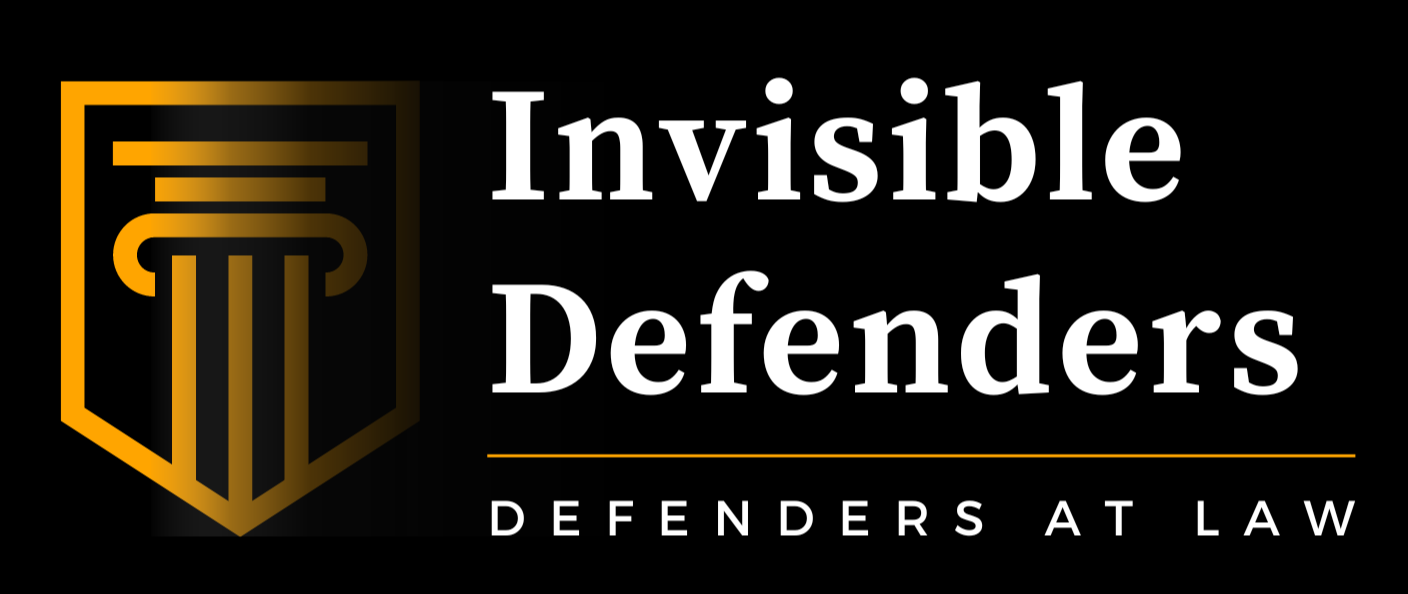
Imagine having the skill and finesse of a master negotiator. You’d be able to convince others of just about anything, easily getting what you want out of any situation. And unfortunately, not everyone can seize these natural abilities. If this sounds too good to be true, don’t worry-it’s not, and it’s something you can learn.
While some people seek emotional closure, others still find closure by discussing issues, resolving them, and moving on. While it is possible to resolve a dispute on your own, it can help to have a professional mediator who can facilitate the process.
Here are some of the resolution dispute skills.
Listen to learn
When it comes to dispute resolution in the workplace, listening is one of the most important skills. It allows you to obtain different perspectives and viewpoints from all parties involved, which can help you navigate the situation faster and more efficiently. Learning how to listen more effectively is one of the best skills you can develop in the workplace.
Bringing multiple issues to the table
Bringing multiple issues to the table is a skill that is essential for effective dispute resolution. Disagreements arise when parties disagree on an issue, and issues result from different interpretations, values, and beliefs. When parties disagree, there are three ways to resolve their disagreement: negotiation, mediation, and arbitration. For familial disputes of a nature that is outside the area of expertise of family courts, the parties can opt for hybrid mediation as well.
Brainstorming solutions jointly
This skill is often neglected yet is a common and useful skill. Instead of giving advice and telling people what to do, brainstorming solutions focus on listening and understanding. By collaboratively coming up with solutions, both sides are heard and feel like their perspective matters. This skill can be placed in a face-to-face meeting or by phone.
Recognized powers play for what they are
Disputes are a part of every workplace. From personality clashes to performance issues, managers and employees are often frustrated, but that doesn’t make them any less real. They are one of the most common sources of workplace conflict and can have a wide range of potential consequences. Not only can they impact productivity, but they also impact individual performance and job performance.
Reexamine all the sacred issues
A judge in charge of a grievance panel recently gave the following definition: “The sacred issue is the issue that is most dear to the parties, the issue that is most important to them.” The same could be said of any issue. For your local law firm, the “sacred issues” can include commercial or civil matters, trusts and estates, and family law. The issues matter to you, the client, and your attorneys.
Guard against threats
Negotiators and mediators know the importance of effectively presenting and defending their positions. Times are changing, however, and aggressors are becoming more organized and learning to avoid public confrontation. They survive by hiding, disguising, and deceiving and often hide between encrypted websites, decoy emails, and varying IP addresses.
Disputes are an inevitable part of business life. Everything from workplace to vendor interactions to consumer complaints can result in disagreements between two or more parties. In the workplace, disagreements often form interpersonal conflict, stemming from personality differences or unresolved workplace grievances. Conflict at any level of an organization negatively impacts productivity but can cause significant reputational damage if it becomes public. Even disputes that seem relatively minor in a business setting can have a negative impact on a company’s image.
Conflict resolution is a skill worth developing. It’s a process of managing conflicts, whether it’s between co-workers, family, friends, or customers. But allowing conflict to continue can lead to negative outcomes, such as loss of productivity, decreased morale, and negative word-of-mouth. And that’s not even counting those potentially lost customers. Conflict resolution, then, is an important skill to develop.
